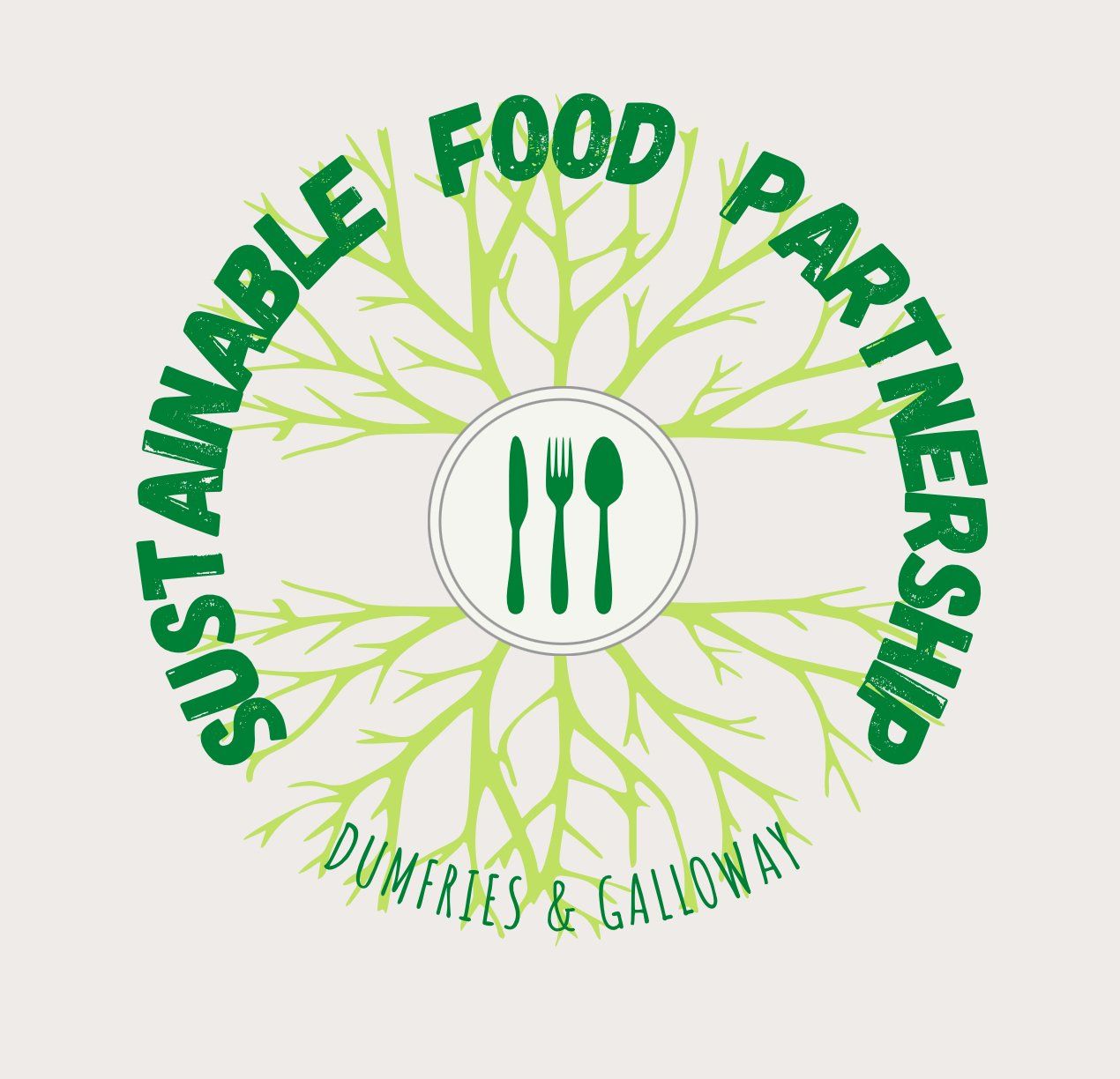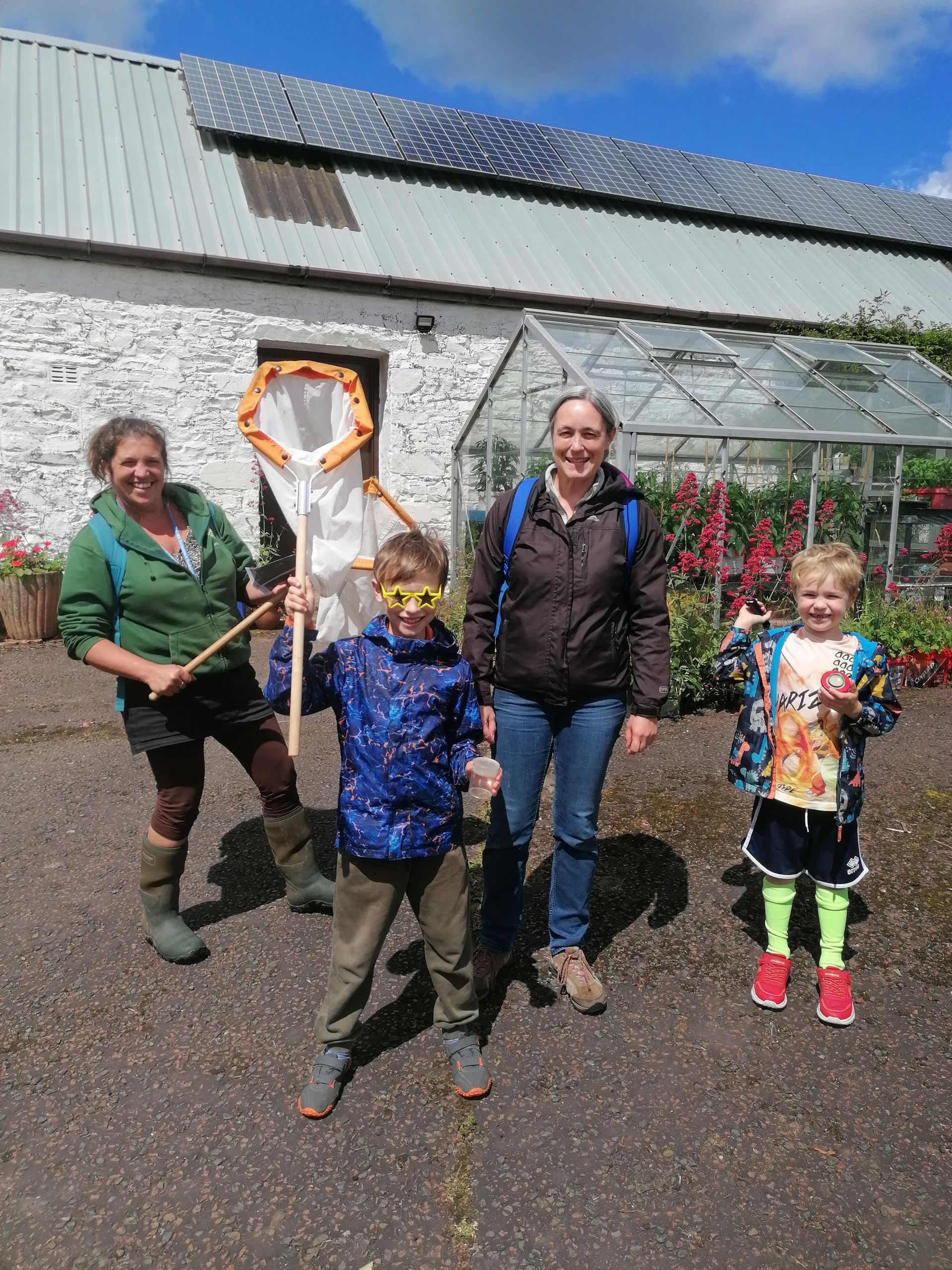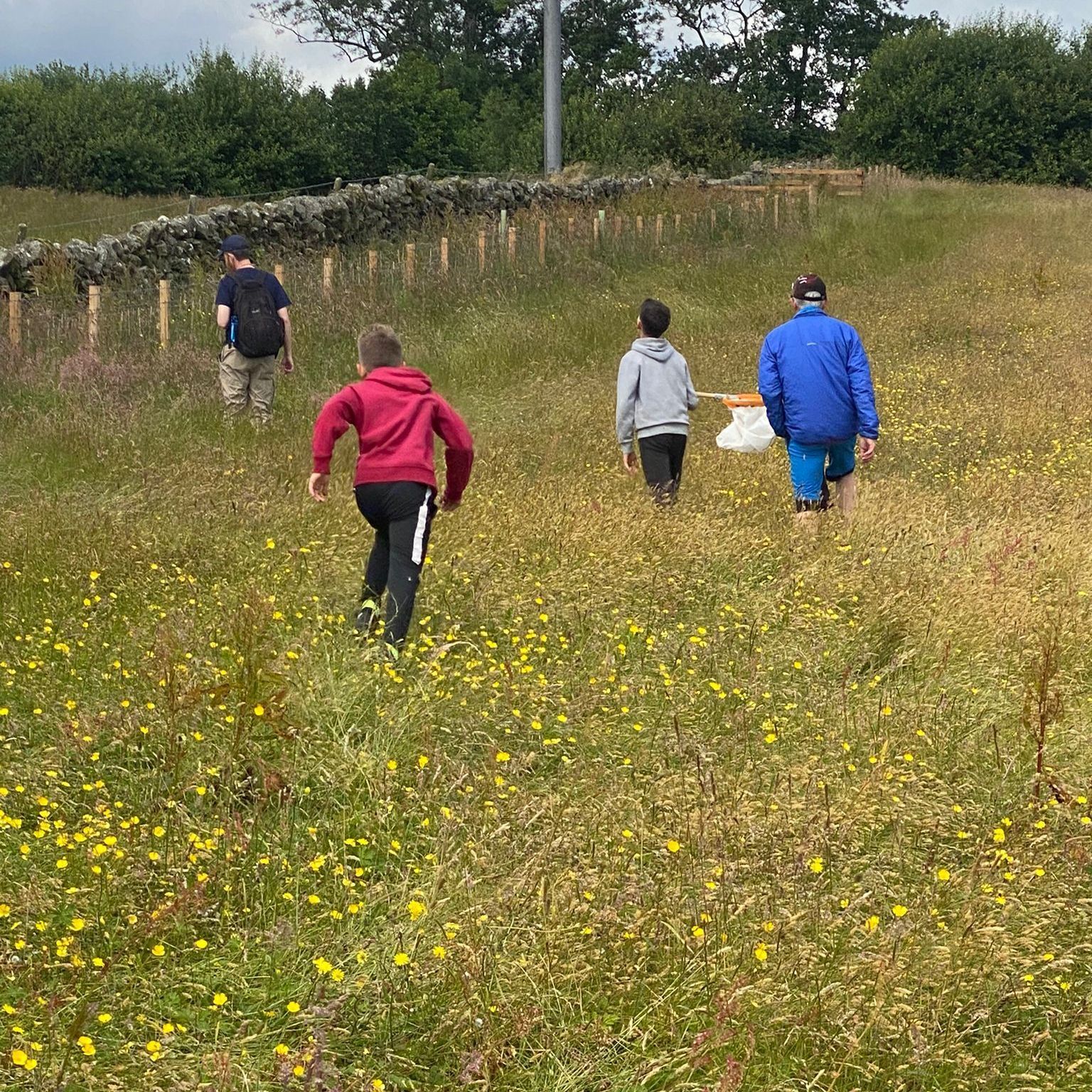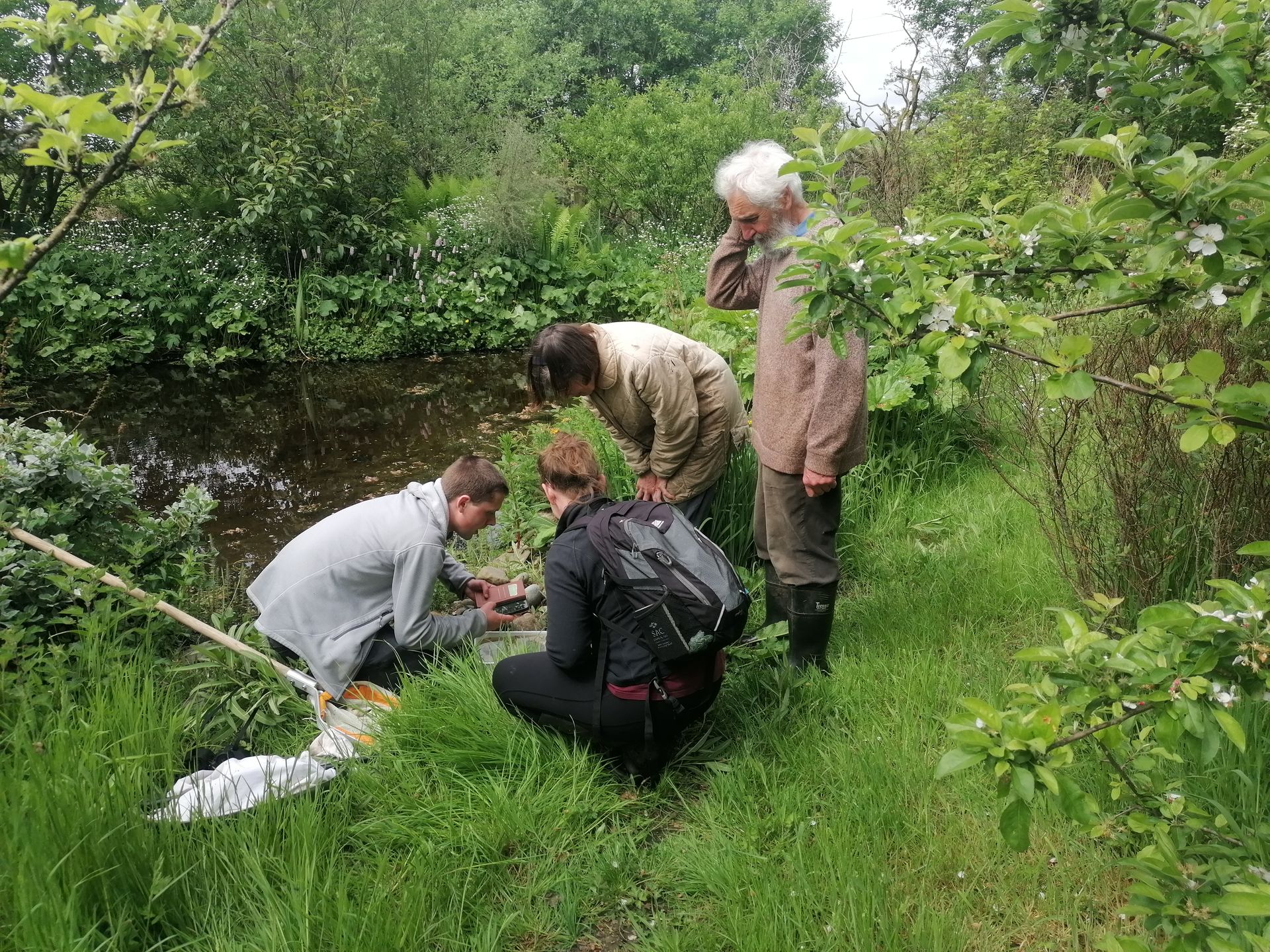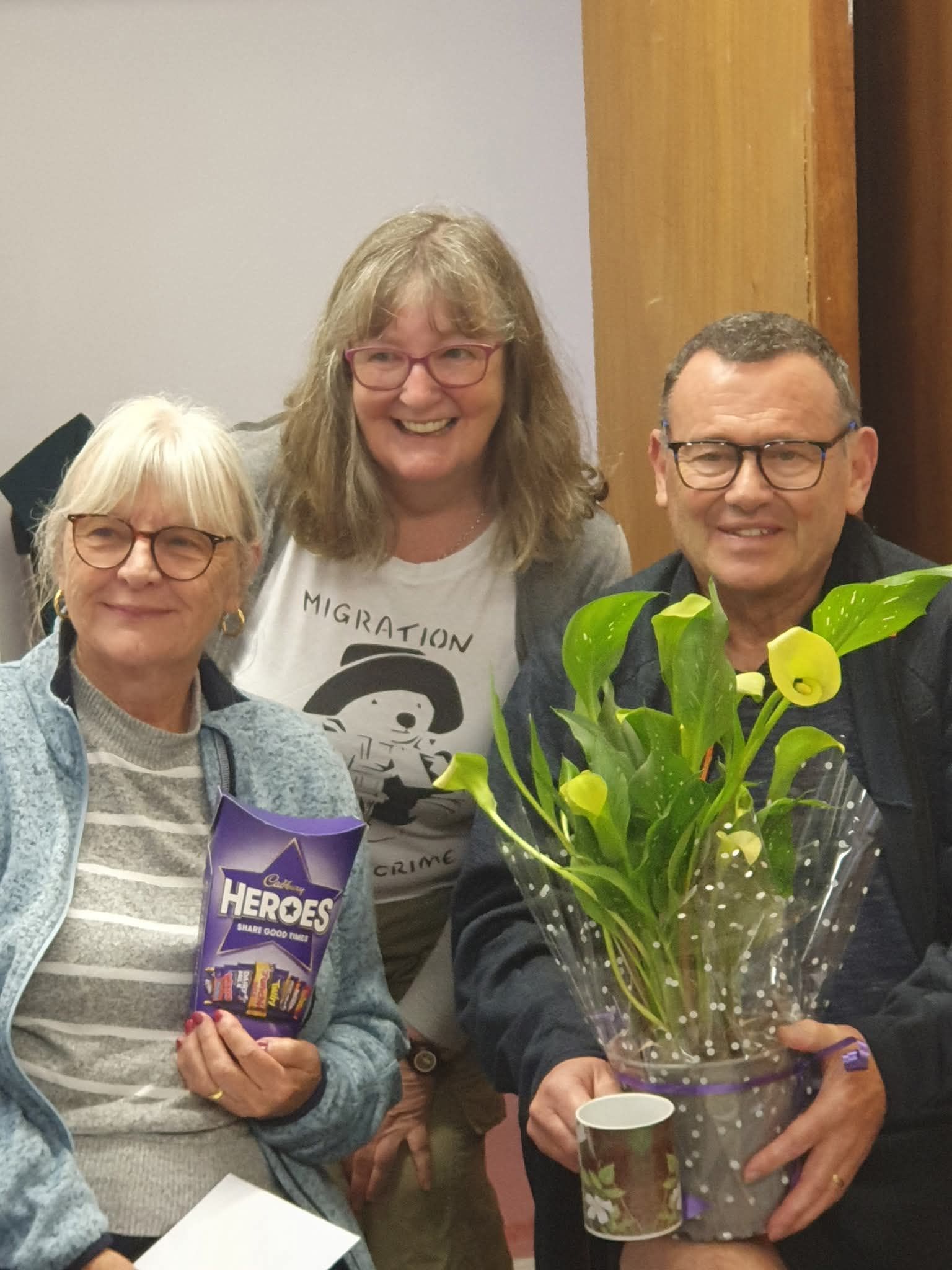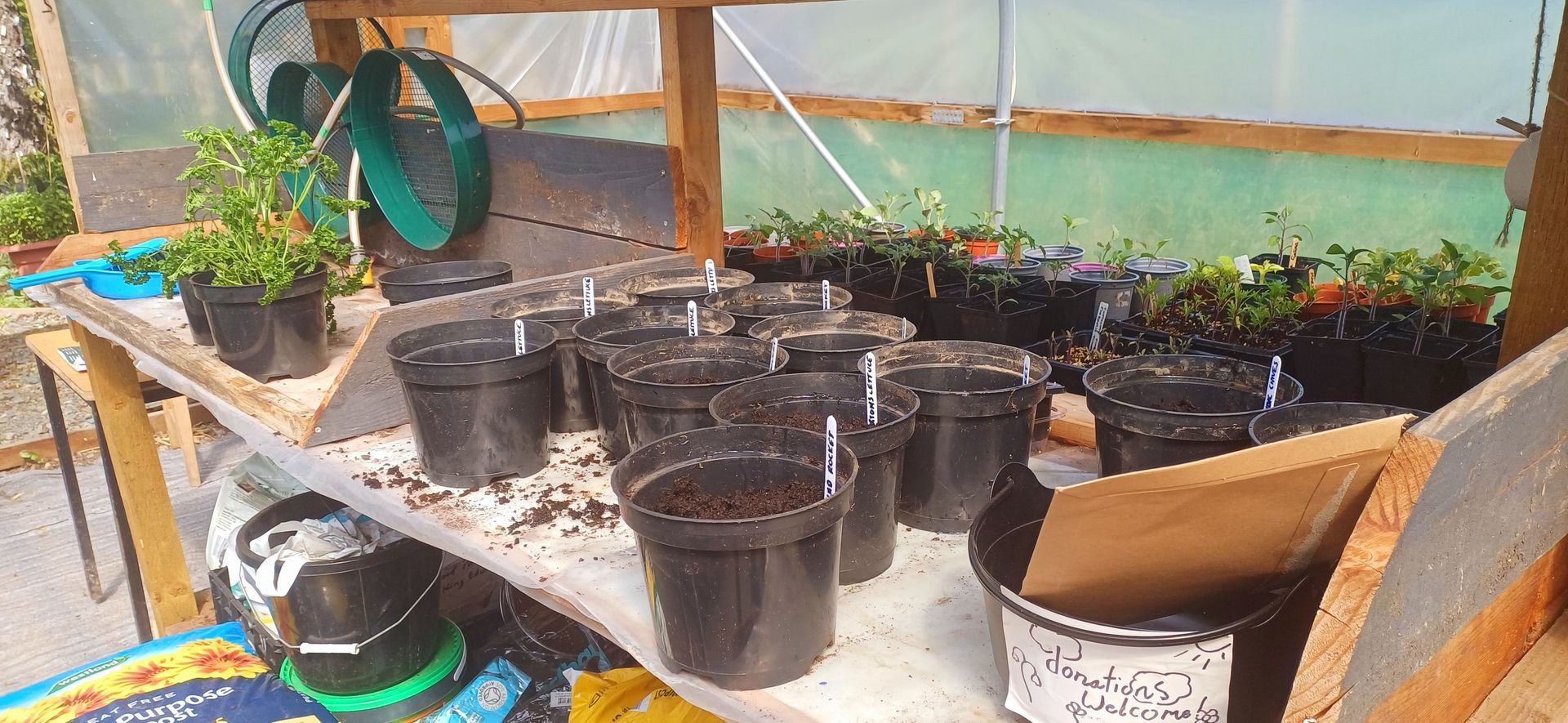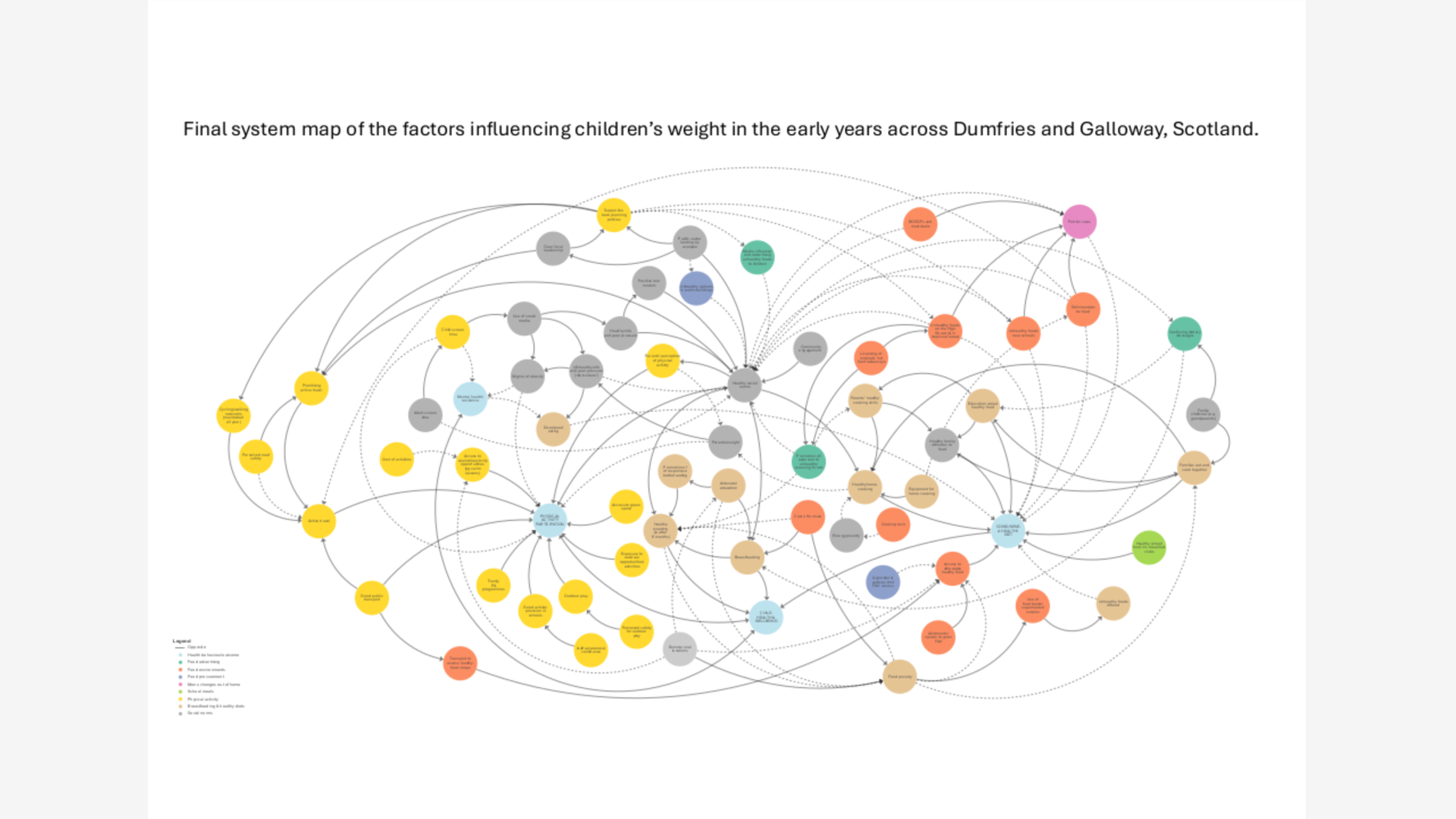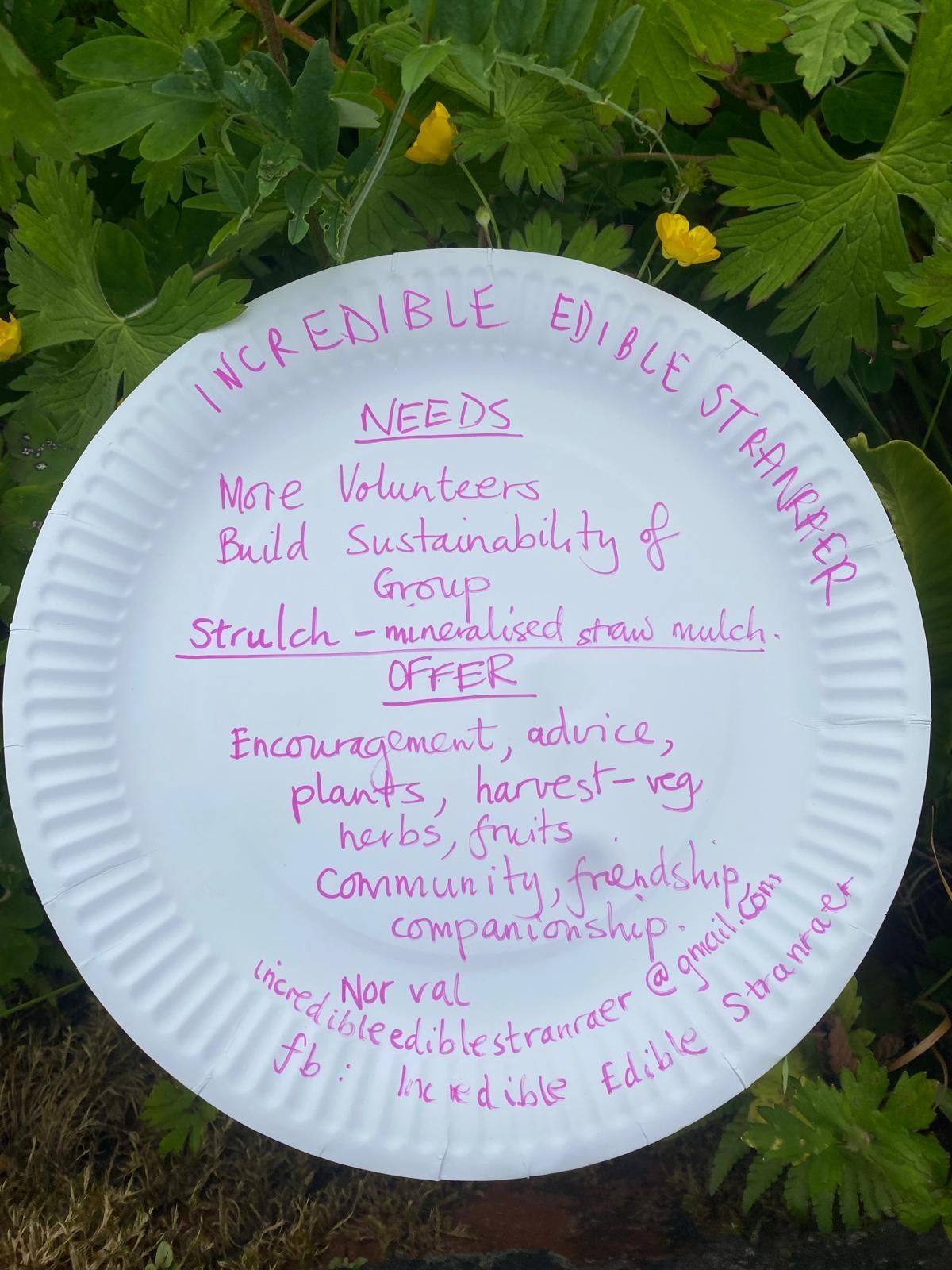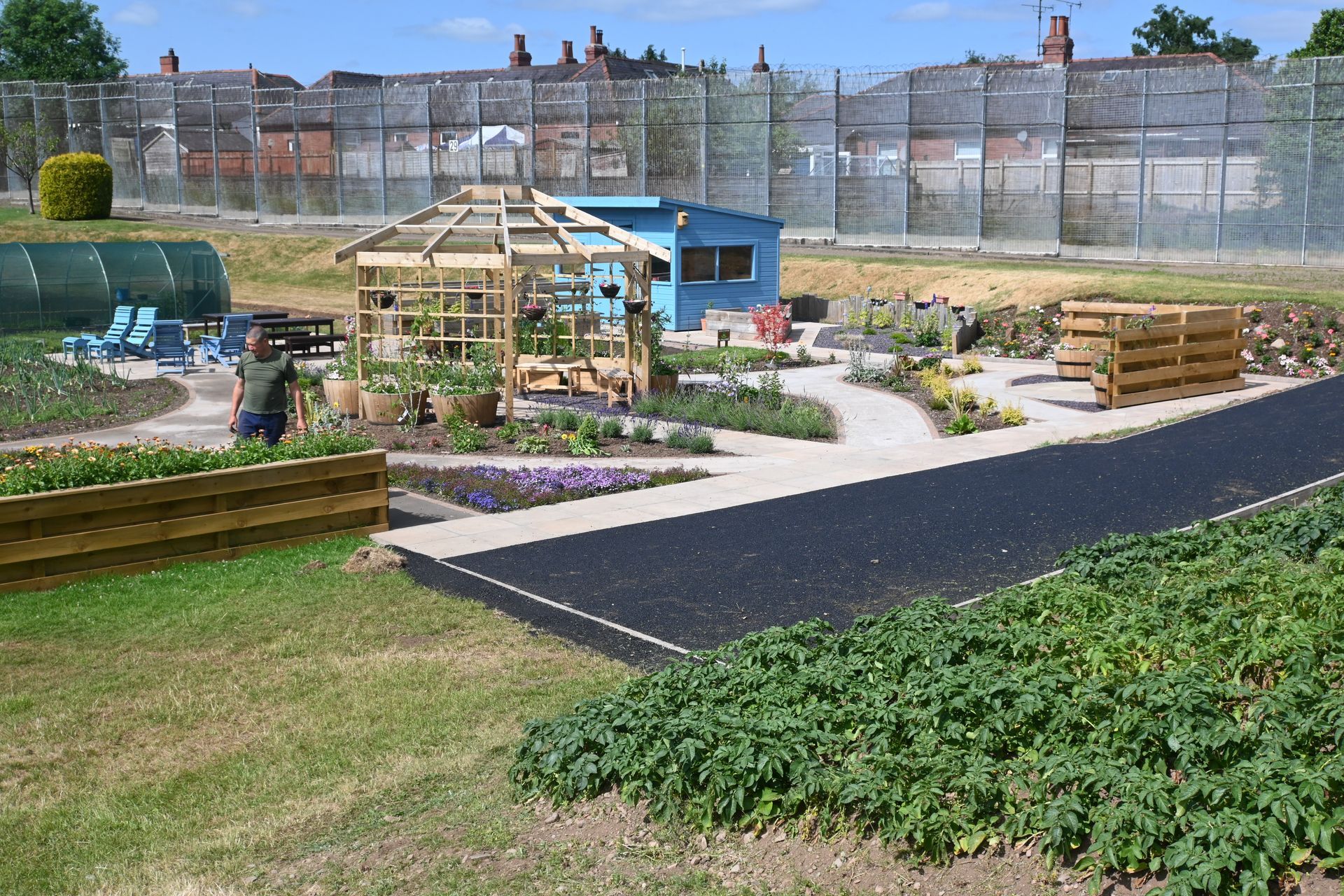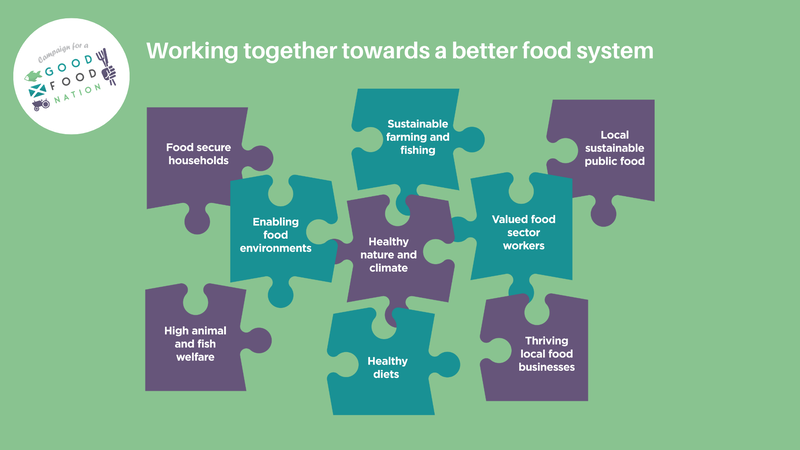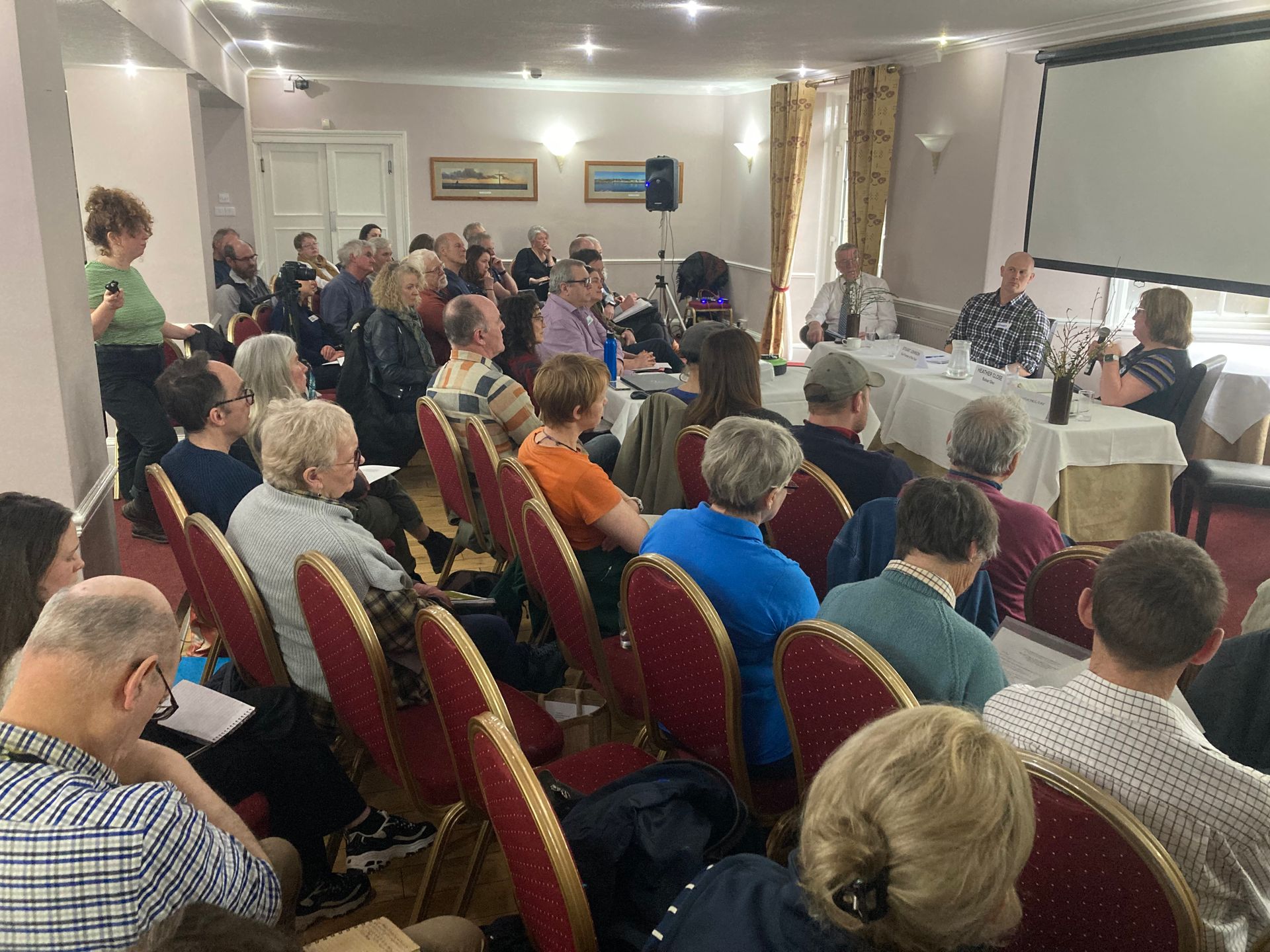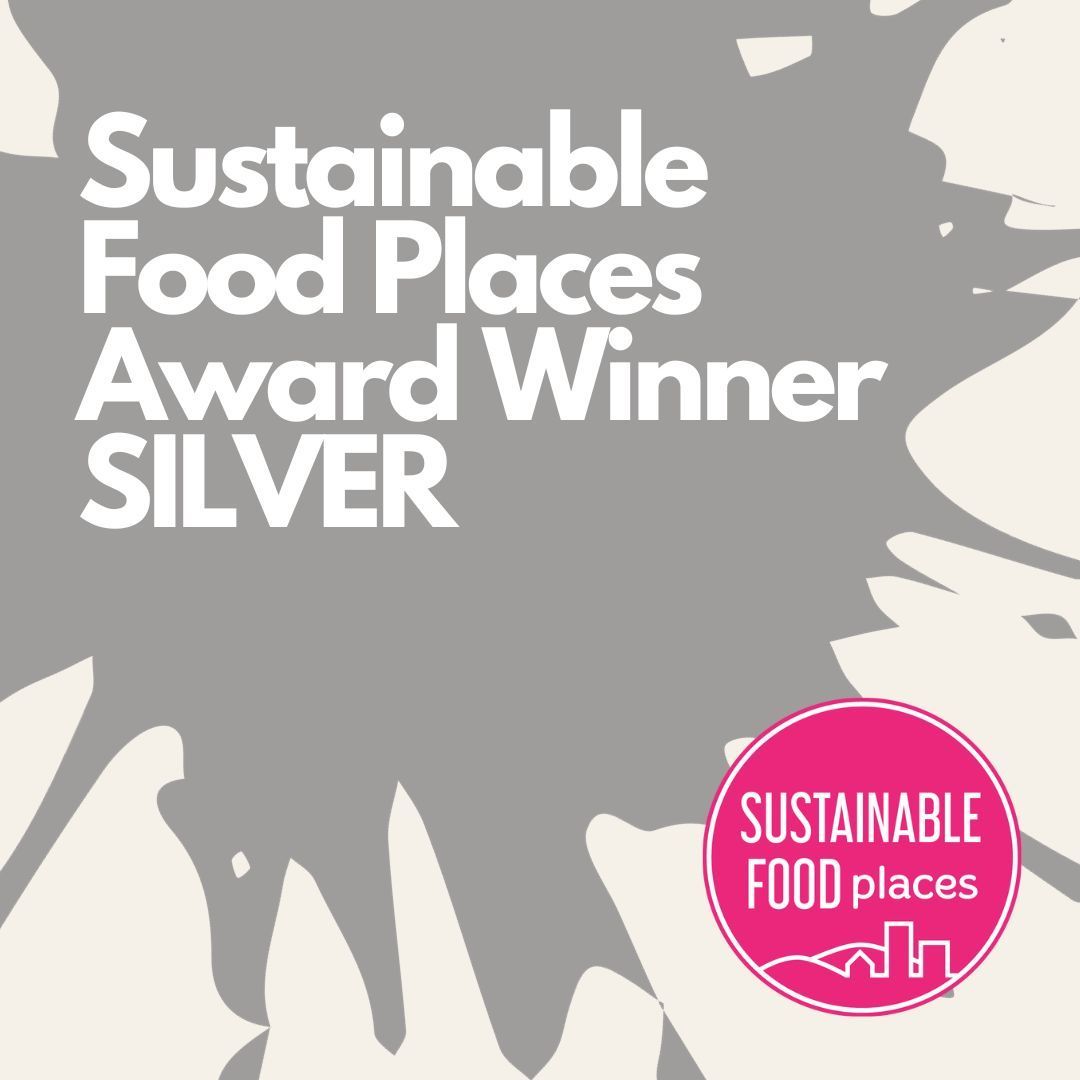BioBlitz and Agroecology at Lochhill Farm
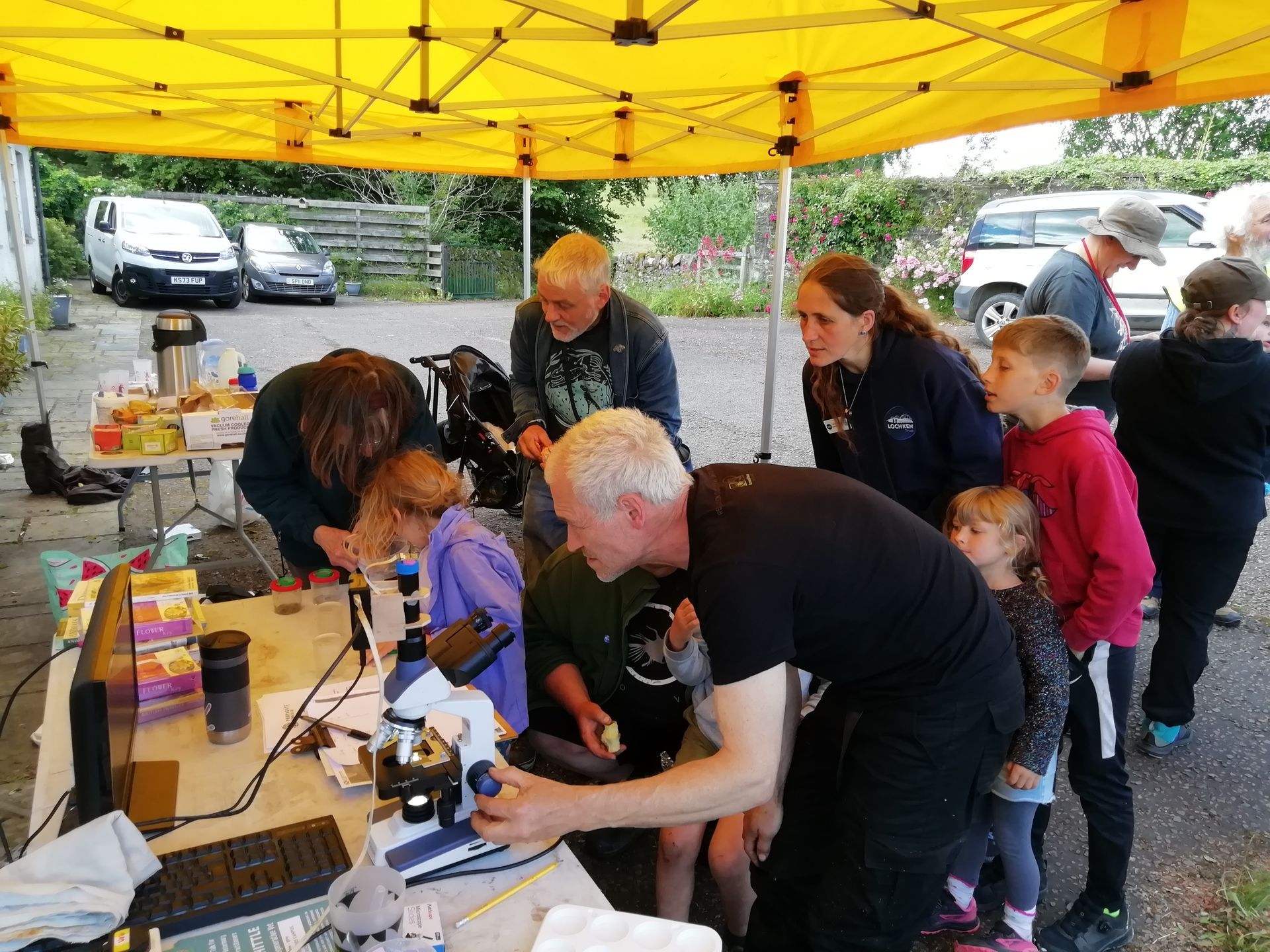
In early July a highly successful Bioblitz was held at Lochhill Farm near Crossmichael. A Bioblitz is a way for citizen scientists to get out in nature, find and identify species, learn about flora and fauna and add to those important data records.
Over 40 people visited Lochhill on the day. The event was coordinated by Propagate in partnership with the Loch Ken Trust – and some help from Cath Seeds, a Crossmichael resident and Wildlife and Conservation Lead at SRUC's Barony campus. Small groups trekked off across the land with a trained group leader, armed with sweep nets and sample jars. On return, the books came out and the microscope was deployed to identify the plants and creatures. Over 80 species of all types of living organism were recorded – all of which have been added to the national data records.
Feedback from the event has been universally positive, with several people asking when the next one is! Big thanks to Cath and to Barney and Lindsay from the Loch Ken Trust for their help on the day, and to Mitchells, Irvings Bakery and Marchbanks Bakery who all donated refreshments.
The Bioblitz was was just one element in a longer-term eco-agricultural plan for Lochhill.
The farm sits above Crossmichael, on the road leading to Clarebrand. Home to Richard and Jane Middleton who have lived there for 13 years, managing the land organically and planting thousands of trees, the farm extends to about 75 acres and like much of the area includes a mix of different habitat types.
As early members of Propagate’s Regenerative Farming Network, Richard and Jane had been inspired by the knowledge sharing between farmers and by the farm walks they went on. Accepting that they are maybe of an age when some farm tasks are more challenging, they have been looking for a way to still be involved in the farm while sharing tasks with others – and making sure the land is managed in a way that is in keeping with their ethics and principles, including contributing to a sustainable future for the local community.
In April this year, Lochhill and Propagate officially began a new adventure. The aim is to explore ways that Lochhill can:
- Maximise ecological diversity
- Support sustainable livelihoods
- Be a place for education and learning
These elements are influenced by agroecology – which includes social and political ideas alongside environmental and economic drivers for the farm.
This year, a big push is underway to generate a full ecological baseline for Lochhill.
Earlier this year, a group of farmers met at Lochhill for a Biodiversity Recording Training session, led by Malcolm Haddow from South West Scotland Environmental Information Centre. Malcolm showed the group how to use the iNaturalist app to identify and record individual species of plants, invertebrates, fungi, mammals and more. This is important to help add to the national records held on various species – which tell us how well nature is doing in our area!
Soil Samples have also been taken – and sent to a qualified Soil Food Web Lab Technician in North Ayrshire. This produced a report not for soil carbon and organic matter, which have already been analysed, but for beneficial bacteria and nematodes, mycelium, protozoa and other micro-organisms that have important functions in the soil.
The Bioblitz was a further step in the exploration process. The next stage is to look at the viability of farm enterprises. A roundtable event was held in May where 10 other farmers came tgogether to brainstorm different ways that Lochhill could meet its aims. Possibilities include a cow-with-calf micro dairy, pastured poultry for layers and broilers, a rare breed beef enterprise with adaptive grazing, a market garden and orchard, and maybe a venue for workshops and events. The project team are currently working through cost/benefit analysis and identifying the inputs and outputs – financial, social and ecological - for each enterprise. There are a number of experts in these fields lined up to share their knowledge and experience.
